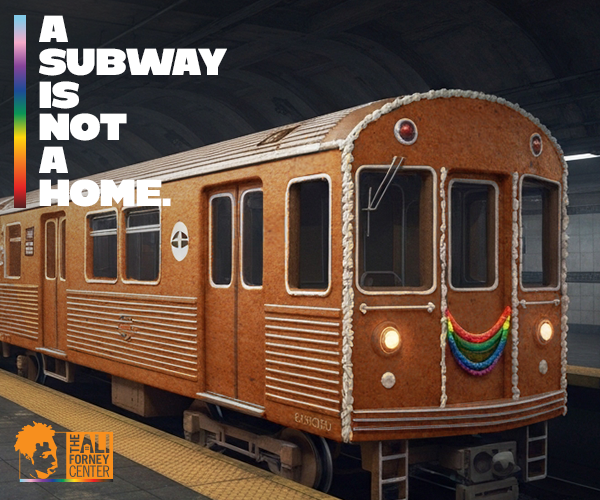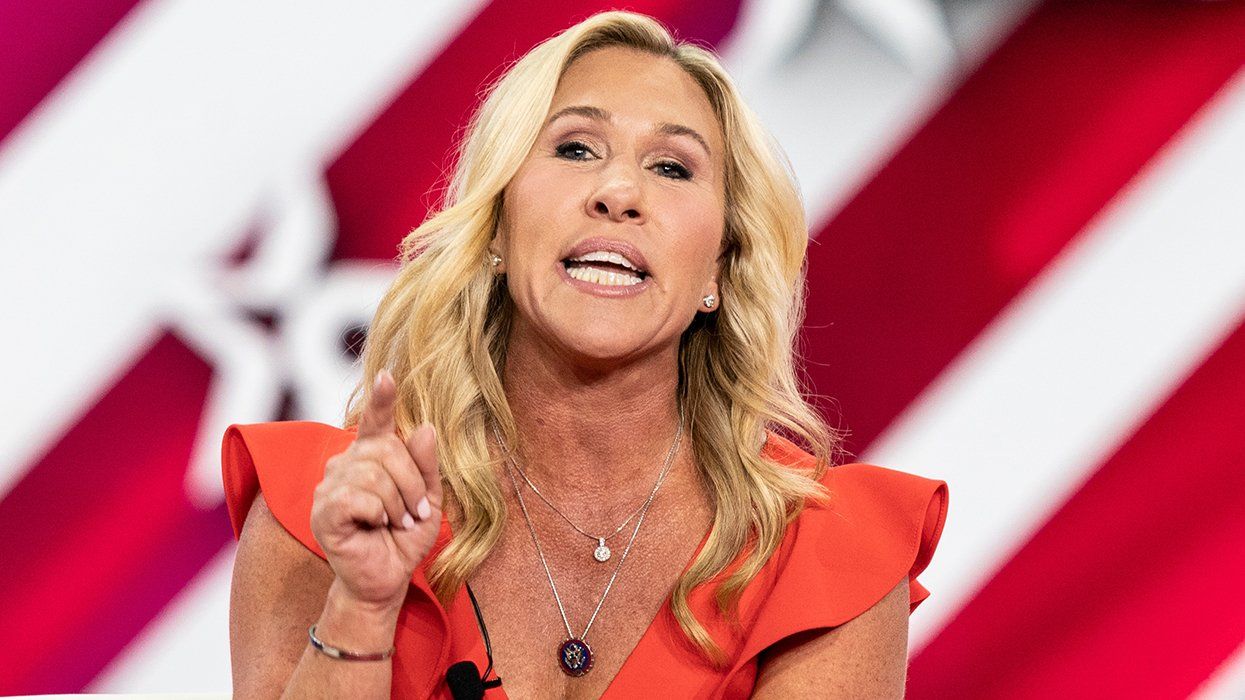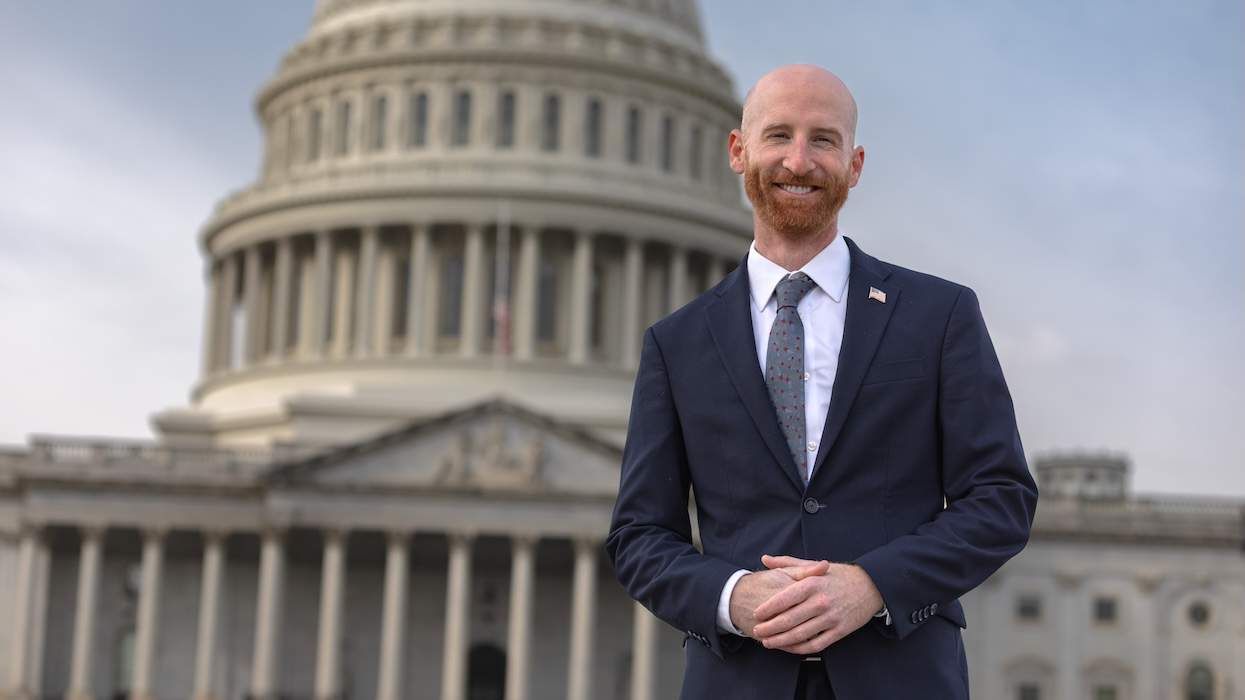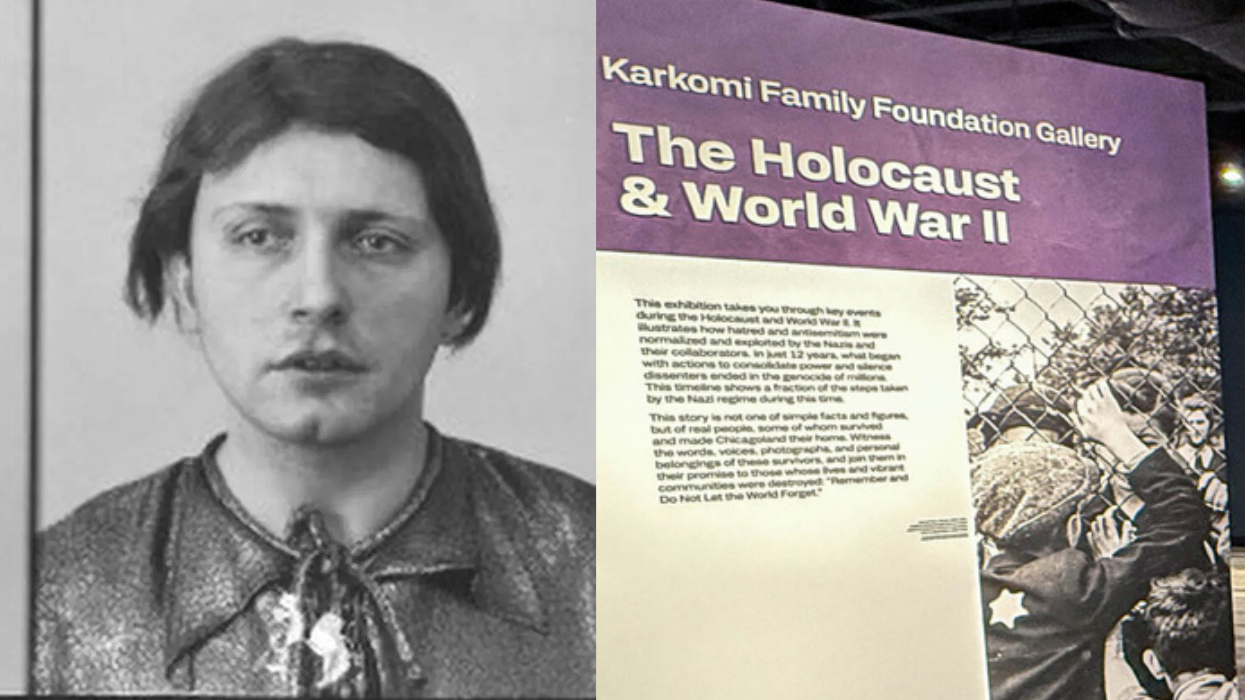CONTACTAbout UsCAREER OPPORTUNITIESADVERTISE WITH USPRIVACY POLICYPRIVACY PREFERENCESTERMS OF USELEGAL NOTICE
© 2025 Equal Entertainment LLC.
All Rights reserved
All Rights reserved
By continuing to use our site, you agree to our Privacy Policy and Terms of Use.
We need your help
Your support makes The Advocate's original LGBTQ+ reporting possible. Become a member today to help us continue this work.
Your support makes The Advocate's original LGBTQ+ reporting possible. Become a member today to help us continue this work.
The religious voices section of The Laramie Project: Mark Berger (left) as Wyoming's Mormon state ecclesiastical leader; Amy Resnick (right) as a Baptist minister; and Jeremy Bobb (center) as a Baptist congregant. Photo by Michael Lutch
***
There is a moment in The Laramie Project, called "religious voices," when we hear from different denominations in Laramie about their views on homosexuality. Doug Laws, the state ecclesiastical leader for the Mormon Church, says, "There was a proclamation that came out on the family. A family is defined as one man, one woman, and children. That's a family. That's about as clear as you can state it. There is no sexual deviation in the Mormon Church. No leniency. We just think it's out of bounds." The Baptist minister says, "I hope that Matthew Shepard, as he was tied to that fence ... before he slipped into a coma, that he had a chance to reflect on his lifestyle."
The day the tour arrives in Iowa, there is a story on the front page of The New York Times about a man in the Bronx who was lured into an apartment where nine young men chained him to a chair, burned him with cigarettes, beat him, forced toxic levels of alcohol down his throat, and sodomized him with a baseball bat. They did this because he was gay. Reading the story, I found myself wondering if any Baptists in the Bronx were preaching about the need for these nine young men to reflect on their lifestyle or if the Mormon Church would bother to make a proclamation that this kind of violence toward gay people is "out of bounds." I wondered if the people who said these words to the members of my company would contend that homosexuality is more damaging to our society than this kind of violence toward gay people. I wondered if they felt there was any connection between the prejudice toward gay people that they preach from the authority of their pulpits and the prejudice that led these young men to brutally attack this innocent man because he was gay.
My own prejudices are suddenly in evidence too. I am engaged to speak about Matthew and the plays at the Waterloo, Iowa, Rotary Club. Before having any direct experience of the group, I am confident that Rotary is a bastion of homophobia. Nothing about the members' appearance convinces me otherwise. When I must join them in "God Bless America" and then bow my head to pray, my verdict is sealed. It's not that I think they shouldn't do their thing with their God. It's just that in my experience, "their God" has never been to keen on my sexuality. When Al Ricks asks us to listen to a benediction, I am relieved that my eyes are closed in prayer so no one can see me roll them.
Here's what he says: "We pause in this moment to offer our thanks for this lovely day -- for the harvest season well under way with all its signs of bounty. We thank you for the splendor and beauty of the changing season, the brilliant colors of the leaves, and the fresh, clean air. We'll be reminded that the beauty of this day happens in stark contrast to the ugliness and brutality of what happens within your human family when hate takes the upper hand. Help us to listen and learn with greater resolve to build a better world as we seek to serve you. Today and always. Amen."
It's very moving. I am introduced with great dignity and received with great warmth and care by this "bastion of homophobia." At several points in Matt's story, I get choked up when I see the grief or compassion on the face of some middle-aged Iowa businessman in his practical suit that I knew with such certainty was a homophobe just a few minutes earlier. I am not naive. I imagine that there were homophobic people at that Rotary meeting and that many of those who were empathetic might balk at giving queer people every single right that straight people have (Iowans did just oust three members of their state supreme court for approving gay marriage, after all). But despite this, I was wrong about them.
It reminds me of my interview with Susan Swapp, a Laramie resident portrayed in Laramie: 10 Years Later. I had been in Laramie only two days and had already made a general assessment of what was happening in the town. Susan struck me as a like-minded person, so I vented a bit and told her that it seemed that most people in Laramie had completely changed the narrative around Matt's murder. She strongly objected. "That would be an unfair characterization of Laramie," she said. "That's the kind of thing that people say, 'Oh, Laramie believes that it was a robbery or a drug deal gone bad.' That makes me really angry, and it's not true. I don't believe that." Snap judgments are dangerous, and blanket characterization of any community, gay or straight, is impossible.
The rights of queer people is the social justice issue or our day. Many, through overt messages from their churches, through covert messages from their legislators who refuse gay people equal protection and rights under the law, and through their own unexamined fears, have formed and confidently proclaim as fact beliefs about gay people that are quite simply lies. Many gay people, because they have been the victims of so much aggression individually, culturally, and legislatively, often presume a degree of homophobia in people that proves to not be there.
I hope our two plays are produced around the country. I hope they are produced a lot. It is my experience that these two plays slow things down. They break down some of the assumptions that we each make about the "other." They make room in smaller communities for dialogue among factions. They give people a chance to have a more direct experience and understanding of those on the opposing side. No matter what side of the argument we are on, it's dialogue and a direct experience of each other that we need, not argument and prejudice.
From our Sponsors
Most Popular
Bizarre Epstein files reference to Trump, Putin, and oral sex with ‘Bubba’ draws scrutiny in Congress
November 14 2025 4:08 PM
True
Jeffrey Epstein’s brother says the ‘Bubba’ mentioned in Trump oral sex email is not Bill Clinton
November 16 2025 9:15 AM
True
Watch Now: Pride Today
Latest Stories
Joe Biden says MAGA Republicans want to make LGBTQ+ people ‘into something scary’
December 05 2025 8:20 PM
'Finding Prince Charming's Chad Spodick dies at 42
December 05 2025 3:45 PM
Supreme Court to hear case on Trump order limiting birthright citizenship
December 05 2025 3:01 PM
Women gamers boycott global esports tournament over trans ban
December 05 2025 2:55 PM
Anti-LGBTQ+ hate crimes reached record-highs last year in this gay haven
December 05 2025 1:16 PM
Three lesbian attorneys general beating back Trumpism in court warn of marriage equality’s peril
December 05 2025 12:07 PM
Trump DOJ rolls back policies protecting LGBTQ+ inmates from sexual violence
December 05 2025 11:12 AM
Georgia law banning gender-affirming care for trans inmates struck down
December 05 2025 9:40 AM
Tucker Carlson and Milo Yiannopoulos spend two hours spewing homophobia and pseudo-science
December 04 2025 4:47 PM
'The Abandons' stars Gillian Anderson & Lena Headey want to make lesbian fans proud
December 04 2025 4:38 PM
Tig Notaro is working on a 'hot lesbian action' movie with Zack Snyder
December 04 2025 4:36 PM
Cis men love top surgery—it should be available for all
December 04 2025 4:35 PM
Denver LGBTQ+ youth center closed indefinitely after burglar steals nearly $10K
December 04 2025 12:57 PM
Trans pastor says she’s ‘surrounded by loving kindness’ after coming out to New York congregation
December 04 2025 11:13 AM




































































Charlie Kirk DID say stoning gay people was the 'perfect law' — and these other heinous quotes